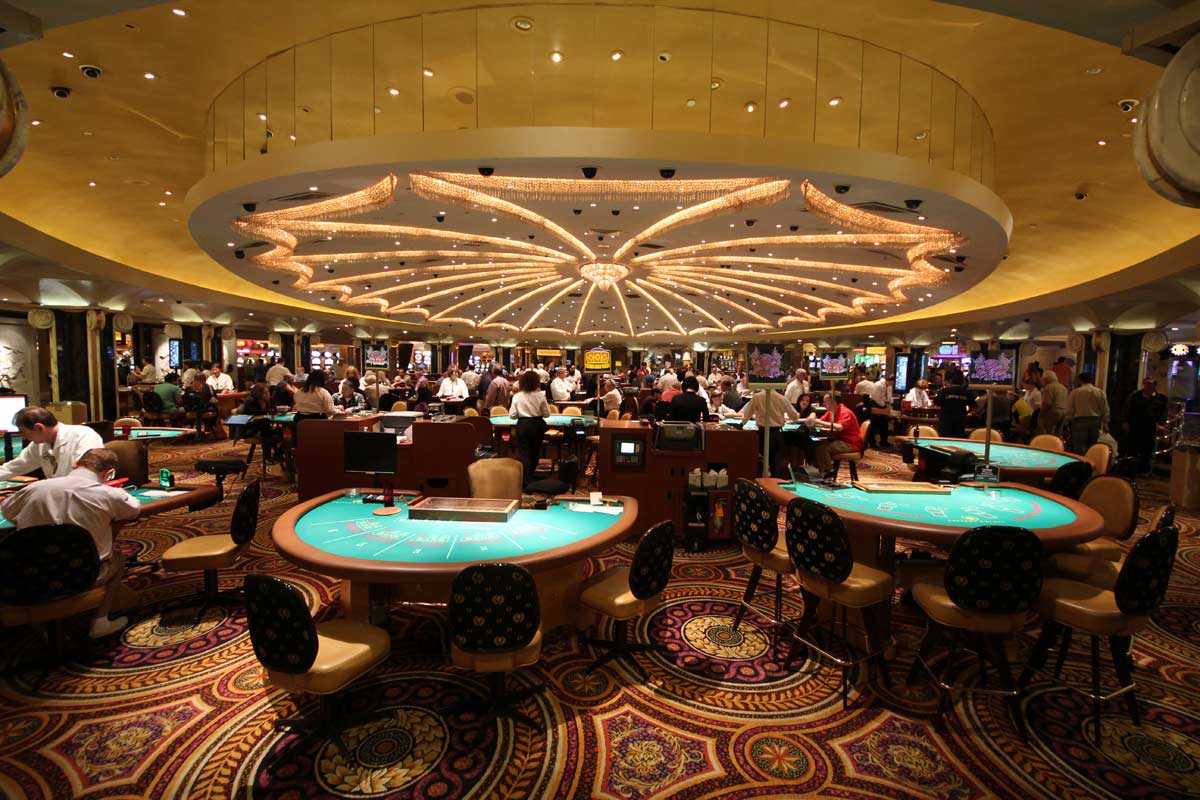
In the world of gambling, in which chance and strategy meet, a unique tapestry of beliefs unfolds—one that braids luck, fate, and the enigmatic nature of casino games. Casinos, bustling with excitement and anticipation, are not just spaces for placing bets; they are also arenas in which superstitions thrive. okwin tv From the novice player to the seasoned gambler, these mysterious practices often shape how individuals approach the games they play, holding the belief that their actions can influence the outcome in ways that go beyond mere probability.
When players gather around roulette wheels, blackjack tables, and slot machines, the atmosphere is thick with stories of lucky charms, rituals, and codified behavior that defy logic yet provide a sense of comfort. Whether it’s wearing a specific outfit, following a particular sequence of bets, or even avoiding certain numbers, the attachment to various superstitions reflects a deep-rooted desire to master the uncontrollable. This article delves into the captivating world of casino game superstitions, exploring the beliefs that both entertain and mystify those who dare to play.
Historical Roots of Superstitions
Betting activities have long been entwined with an array of superstitions that go back to early societies. The beginnings of these notions can be associated to humanity’s fundamental need to influence the uncertain outcomes related with luck and randomness. In primitive civilizations, activities of chance were often tied to ritualistic practices. xem bóng đá trực tiếp Players would call upon aid or ask for favor from spirits, believing that their actions could change the results in their favor. This groundwork laid the foundation for the variety of superstitions that proliferated as casino games evolved over time.
During the Middle Ages, betting became a common pastime across Europe, and with it, a rich tapestry of superstitions appeared. Players adopted different rituals and charms, believing they could change the results of games. The importance of digits, in particular, started to appear in superstitions around card games and dice. The number seven was often considered auspicious, while other numbers carried bad connotations. These notions mirrored the cultural contexts of the time, changing as they passed through generations and changed to new gaming environments.
As gaming establishments developed in the 1600s, particularly in Italy and the French nation, the atmosphere surrounding gambling became saturated in mystery. The growing availability of gambling activities allowed for the spread and growth of superstitions among players. Concepts like charmed charms, specific seating positions, and rituals gained importance, creating a special culture within betting houses. As these customs continued to thrive, they became fundamental to the character of casino games, illustrating how the past and society shape the convictions that influence how participants interact with luck.
Common Casino Superstitions
Beliefs surrounding casino games are abundant and varied, reflecting the dreams and anxieties of players as they engage in random activities. One of the most common beliefs is that specific numbers bring fortune or misfortune. For example, the digit 7 is often seen as a lucky digit, frequently embraced by gamblers looking for a positive outcome. Conversely, the number thirteen is routinely considered unlucky, leading many players to avoid it during their gambling periods.
Another frequent belief relates to practices that players believe can influence their chances. Whether blowing gently on the dice before a roll, using a particular gesture to place a bet, or even putting on particular items of attire, many individuals feel that these actions can tilt fate in their favor. These practices offer a sense of control in an otherwise random environment, reinforcing the idea that fortune can be created through individual convictions and habits.
Finally, the ambiance and vibe of the gambling house itself contributes to myths. Many gamblers suggest that the presence of certain icons, such as four-leaf clovers or fortunate coins, can enhance their chances of success. Additionally, players might adhere to the notion that victory streaks can be interrupted by mundane occurrences, such as someone passing by or a accident at the gaming surface. The shared environment in a gambling house can amplify these superstitions, creating a communal culture of superstitions that transcends individual encounters.
Impact of Superstitions on Players
Beliefs play a important role in the mindset of gamblers, often influencing their actions and choices. Numerous gamblers think that luck can be manipulated through various rituals, such as wearing a lucky charm, selecting specific colors, or avoiding certain numbers. This reliance on superstitions can create a feeling of authority in an environment that is inherently unpredictable. Players frequently feel more confident and involved when they think that their actions could sway the result of a game in their advantage.
The influence of these superstitions extends past individual players, affecting the general atmosphere within the casino. For example, a player who believes in the luck of a certain slot machine might attract a crowd, as onlookers are intrigued by their apparent success. This shared belief can amplify excitement and create a dynamic environment, leading to an captivating experience even for those who may not necessarily be superstitious. The excitement around certain games can lead to higher participation and extended playing sessions, supporting the casino’s lively social scene.
In some cases, superstitions can lead to negative effects for players. Depending too heavily on rituals can result in poor gambling decisions, as some may ignore basic strategies in favor of baseless beliefs. Additionally, the stress to perform rituals may heighten anxiety and stress levels, detracting from the pleasure of the experience. Ultimately, while superstitions can enhance the excitement of playing casino games, they can also lead to foolish choices that overshadow the enjoyment and entertainment intended in the casino experience.